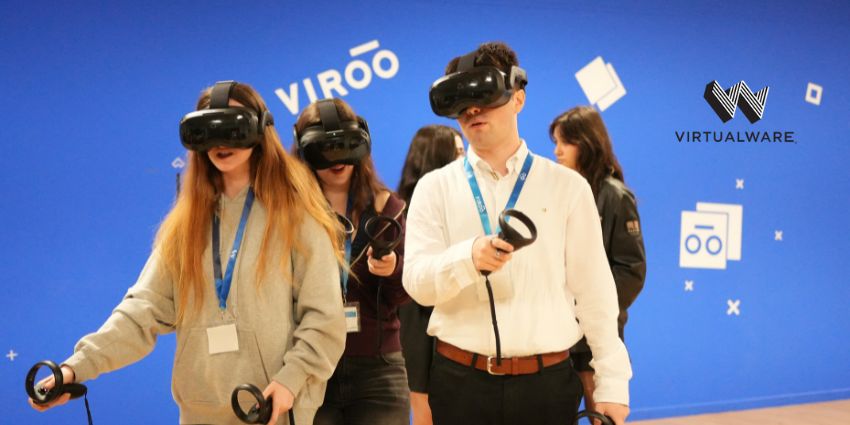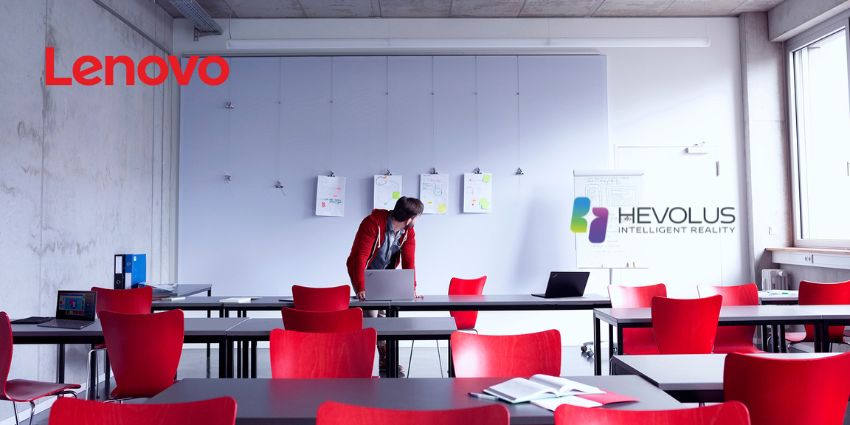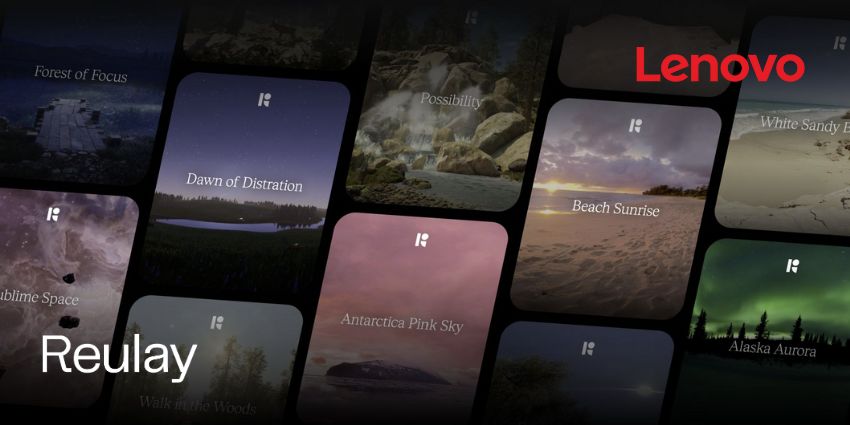Of all the things Facebook could rebrand as, why has the company selected meta? Ostensibly, the word meta (Greek for beyond or transcending) has little to do with the social media giant’s primary areas of business.
One of the key reasons Mark Zuckerberg cited for the change was that there are simply too many brands and products under the Facebook umbrella, and this causes a certain “awkwardness.”
However, the new name that will act as the parent brand for all of the company’s current and future products is not related to its existing offerings.
It is entirely a forward-looking idea and underpins Facebook’s ambitious pivot towards new technology areas – i.e., augmented reality and virtual reality.
What Does Meta Mean for Facebook?
The English word meta is derived from its Greek counterpart, which acts as a prefix meaning beyond, transcending, or more comprehensive. It is commonly used in academia to refer to the self-referential nature of art or a body of work.
Taking off from this meaning, Facebook is looking at a concept called the metaverse, which would literally translate into “beyond the known universe” or a kind of a new reality.
Meta, for Facebook, directly refers to the metaverse that the company hopes to build over the next 10-15 years. A metaverse is a virtual space where users can come together (as in social media) via AR, VR, and cryptocurrency.
It is envisioned as a self-contained world that offers an immersive experience to anyone who enters it.
The metaverse, as per this definition, doesn’t exist. There’ve been efforts to build it – Epic Games plans to invest $1 billion to build its own version of the metaverse, and Microsoft has already launched a metaverse tech stack for developers.
Startups like Decentraland have been operating within a limited metaverse for a long time, and now Facebook has entered the arena with its bold rebranding and a renewed spate of AR/VR investments.
Yet, this does not lead to a true metaverse.
A metaverse refers to a singular virtual space that’s persistent and offers real-time interactions to the user. In other words, there cannot be two or more metaverses, and it must exist independent of the user being present in it.
Facebook is acutely aware of this ideal and has strategically renamed the company as Meta to reflect the future, not its past businesses or current state of affairs.
Simply put, Facebook doesn’t quite have a product called the metaverse just yet, but it is heavily invested in the vision and has renamed the company accordingly.
As Zuckerberg explained in conversation with The Verge, “We wanted to have a new brand identity that is directionally aligned with the future vision that we’re working towards.
There’s sort of a higher-level brand identity goal and then there’s a more technical and functional goal.”
The name Meta also speaks to the fact that Facebook sees itself as “beyond” or “transcending” traditional social media. It will lay more emphasis on its AR/VR line-up, including Reality Labs, Oculus, and the 2020-launched Project Aria.
In fact, most of the acquisitions the company made since 2019 – barring a handful like GIPHY, Packagd, and Chainspace – add to its AR/VR capabilities.
Unpacking the Meaning of Meta
Meta is a nuanced term. It has a few different meanings in different languages and is widely used across global vocabularies.
- English – Derived from Latin or Greek, the word meta in English has to do with self-awareness, transformation, and a quality of being self-referential. It is most commonly used in an informal manner to indicate a literary yet tongue-in-cheek awareness of oneself. It is also used as a prefix (usually in academia) – like metaphysics.
- Greek – The original Greek word is slightly different from the self-referential quality we have come to associate with meta today. It means “after” or “beyond,” also applied as a prefix to denote a more comprehensive connotation. For example, the world metadata derives from this etymology to refer to more comprehensive data.
- Hebrew – The meaning of Facebook’s new name Meta in Hebrew has earned it a certain amount of flak online, as the word supposedly means “dead” in Hebrew. Or, more accurately, the word sounds similar to the Hebrew word for dead, and the resemblance was probably not intended.
Considering all of this, it is safe to say that Facebook is looking to undergo a massive transformation over the next few quarters and Meta tries to pack all of that in, into one word.
It refers to the metaverse on the one hand, and Facebook’s efforts to transcend social media on the other.
What Does the New Name Meta Mean for Users?
There are few implications for users and the general customer base. Facebook’s annual reports will now be segmented into two parts: one for its social apps, and another one presumably for AR/VR, and one day the metaverse.
Users will have a unified account under Meta and they can use those credentials across one or more apps – much like Google credentials can be used across Google Workspace products, and the user can pick and choose.
The name meta has also fared moderately well in terms of market performance, with share prices up by 1.6% soon after the announcement. Analysts are mostly bullish about the new name and what it means for the company, and an upward revision to its 2022 growth estimate is expected. Meanwhile, the jury is still out on the regulatory response to the new name.
Amid the UK government’s sweeping reforms for social media and online information, Facebook’s rebranding as Meta has attracted some scrutiny.
Of course, for now, Facebook remains largely the same company despite going by Meta, with no major organisational restructuring or product launch.
One can say that the rebrand has been in the offing for a while, and it was only a matter of time until Facebook publicly reflected its growing AR/VR investments over the last few years.
Keeping this in mind, Meta is as good a name as any, speaking volumes as to the company’s intentions and firmly setting the direction for its pivot.







